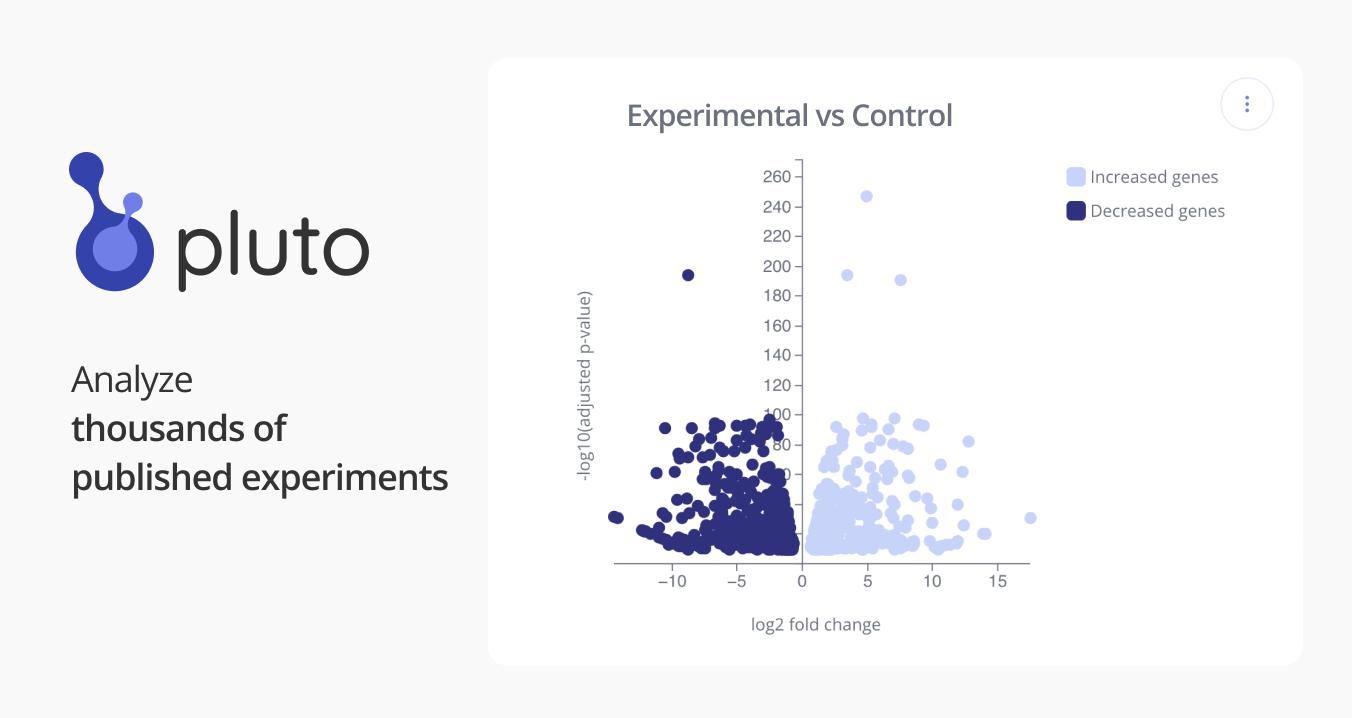Pluto Bioinformatics
GSE126801: TDP-43 aggregation induced by oxidative stress causes global mitochondrial imbalance in ALS
Bulk RNA sequencing
When mutant superoxide dismutase 1 (SOD1) was first linked to amyotrophic lateral sclerosis (ALS), it was thought that ALS is a disease of oxidative stress, but this idea has taken a back seat since the discovery of multiple ALS-linked genes involved in RNA processing and proteostasis. Strikingly, a hallmark of both familial and sporadic ALS is the aggregation of the essential DNA/RNA binding protein TDP-43, which is thought to cause simultaneous loss-of-nuclear function and gain-of-cytoplasmic toxicity. A central unanswered question is what triggers ALS in adult followed by rapid and irreversible progression? Here we report that neuronal cells are particularly prone to oxidative stress to trigger TDP-43 aggregation, which in turn sponges a large subset of microRNAs and proteins, resulting in global mitochondrial imbalance that further elevates the oxidative stress. We propose that this ferocious cycle may underlie ALS onset and progression with oxidative stress as a key disease-driving event. SOURCE: Yu Zhou (yu.zhou@whu.edu.cn) - ZhouYuLab Wuhan University
